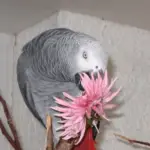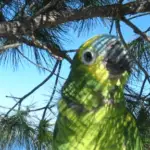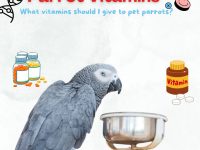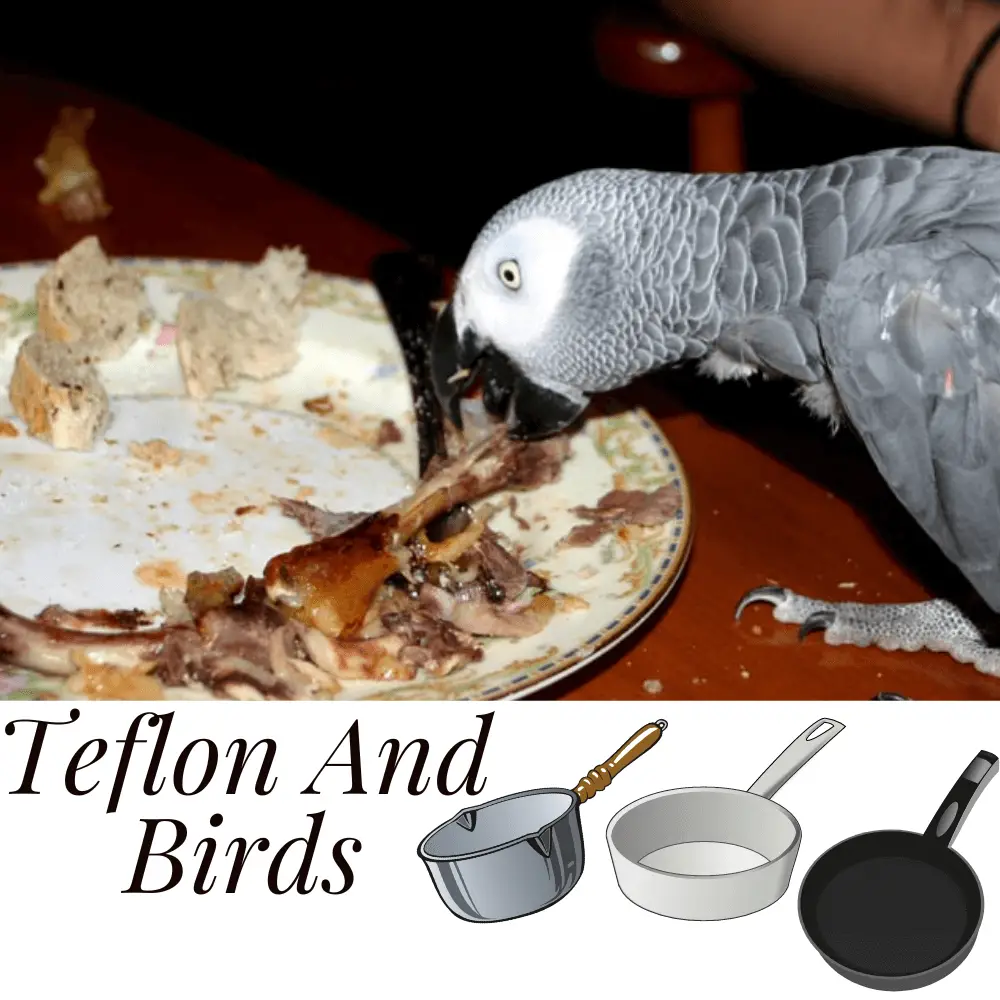
Teflon poisoning, Teflon and birds: Summer is over and all doors and windows are now closed for the entire cold season. Outdoor cooking is also a thing of the past and the problem of PTFE emanation from overheating non-stick ( Teflon ) coatings is back with all of its inherent dangers to our parrot friends.
In order to talk to you about this subject, I contacted several associations of bird lovers around the world ( mainly in France, Belgium, and Australia ), a veterinarian ( Dre Manon Tremblay from the veterinary hospital for birds and exotic animals South Shore), Johanne Vaillancourt as well as Cie T-Fal, the main source of our concerns. Dr. Tremblay responded very kindly to my questions, explaining to me the real dangers caused by these fumes.
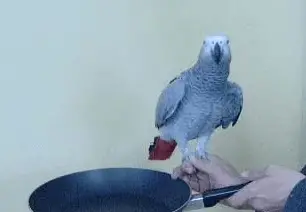
As for the Cie T-Fal, they contacted me very quickly, giving me their point of view on the subject and specifying what has been done to date to inform consumers. Johanne Vaillancourt kindly provided me with documentation on the subject. The only downside is that no association, despite my numerous reminders, has given any sign of life ????
Here is the result of my research
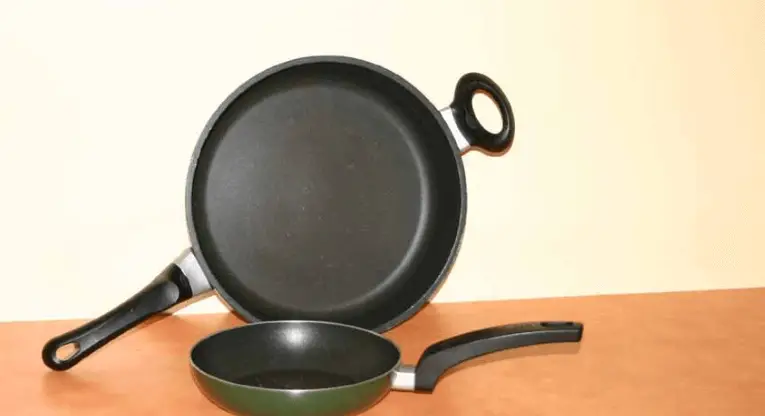
Teflon and birds
Let’s go back to 1955: Colette ( Grégoire ) asks her husband Marc ( Grégoire ) if he couldn’t concoct the magic recipe that would allow her to make an omelet without it sticking to the bottom of his pan.
Gallantly bending to his wife’s desire, Marc hastened to update a new process: the PTFE non-stick ( that is to say, coating of an inert polymer called polytetrafluoroethylene ), and on May 2, 1956, the T-Fal company is born. If the anti-adhesive was established in France, it was not until 1960 that this new revolutionary precedent came to invade the American market.
At the very beginning, the use of these products is quite limited, only the traditional pan is available and the watchword is very clear: it should not be overheated. But the craze for this product is such that now everything is non-stick: the crepe maker, the toaster oven, the waffle iron, and so on … Whether you read just about any documentation on the subject, all are formal, there is no danger for us, our family members, our pets … except the birds. This is the catch!
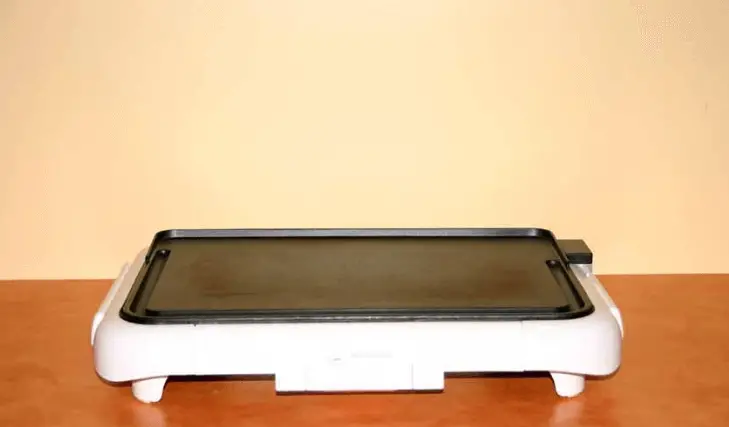
Teflon and birds
When a T-Fal pan is overheated or heated over a lower heat, but for a long time, it releases a colorless, odorless, yet deadly gas for birds, PTFE.
A bird’s symptoms of poisoning can vary: it looks lost, rattles, rattles, and may even fall. The first thing to do: TAKE THE PARROT OUT OF THE HOUSE so that it can breathe fresh air. If the alert was slight ( you know you are very lucky, but only an animal health specialist can certify it ) reenter the home, but only after you have ventilated everything well.
It should not be forgotten that this gas is colorless and odorless. If in doubt, a veterinarian should be consulted ASAP ( a bird can die in 15 minutes). Treatment with anti-inflammatory drugs, antibiotics, and administration of oxygen may be on the list of treatments for your bird.
And now, useful information for saving your feathered friend
When we talk about heat, we mean as low as 141 degrees ° C or 285 degrees ° F for slow cooking and 280 degrees ° C or 536 degrees ° F for brisk cooking. The question of the day now: what temperature do you heat your pans on the stove? If you can answer this question, well done! You are the perfect person to combine nonstick and birds.
On the other hand, if like the vast majority you don’t have the slightest idea, why take the risk? It is true that you can ventilate and change your room bird, but in these cases too you have no control over the gas emanation ( PTFE ) and therefore no real guarantee of safety.
Back to Cie T-Fal
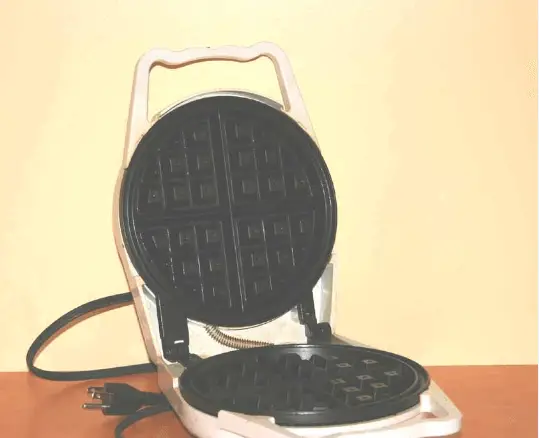
Teflon and birds
So here is the message they sent me:
“Dear Pierrette Gagné, Thank you for your letter regarding the dangers of overheating kitchen utensils coated with a non-stick coating for birds. We include this important information in our section “Information on use and maintenance” accompanying all our articles as well as a note under the frequently asked questions section of our website. As you requested, this note reads: Q. If the cookware is accidentally overheated, will it give off hazardous gas?
A. Any overheated utensil will give off a gas which is neither dangerous for humans nor for pets … except for birds. As these have a very sensitive respiratory system, they can be very inconvenienced by these emanations. Users should always follow good practices for using these utensils and never overheat them. For their safety, always keep birds in a well-ventilated room and away from the kitchen. Do not hesitate to contact me with any other questions or requests for additional information.
Sincerely, Kerry Ryan, Marketing Coordinator, T-Fal 973-575-1060 ext 184 ”
After checking in-store, this message does appear on T-Fal products and on a few other major brands ( not all of them, however ).
And now, let’s talk about the associations that have not given any sign of life. Why? We will probably never know, but there is still an important step to be taken and we are the ones who can do it. It is therefore time to launch an awareness campaign on the subject.
While it is true that each individual has a circle of acquaintances of more than 100 people (a reference to the job search technique), these are all people who will be able to protect their birds and notify their loved ones in turn.
For all those who surf the Internet, what could be easier than sending a message to a group or an organization, there are so many! (pay attention to newsgroups, read their rules carefully before sending anything).
Here is the proposed message:
Any overheated non-stick cookware will give off a gas that is not harmful to humans or pets … except birds. As they have a very sensitive respiratory system, they can be bothered by these fumes and even die.
Users should always follow good practices for using these utensils and never overheat them. For their safety, always keep birds in a well-ventilated room and away from the kitchen.
Teflon and birds
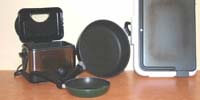
* Editor’s note: the best is simply not to have any in the house, an accident happens so quickly … Wishing that all together, we make sure that our message snowballs and protects the lives of our parrots.
PTFE Toxicity in Birds Teflon Poisoning
SOURCE:Rod Allrich
SOURCE:

